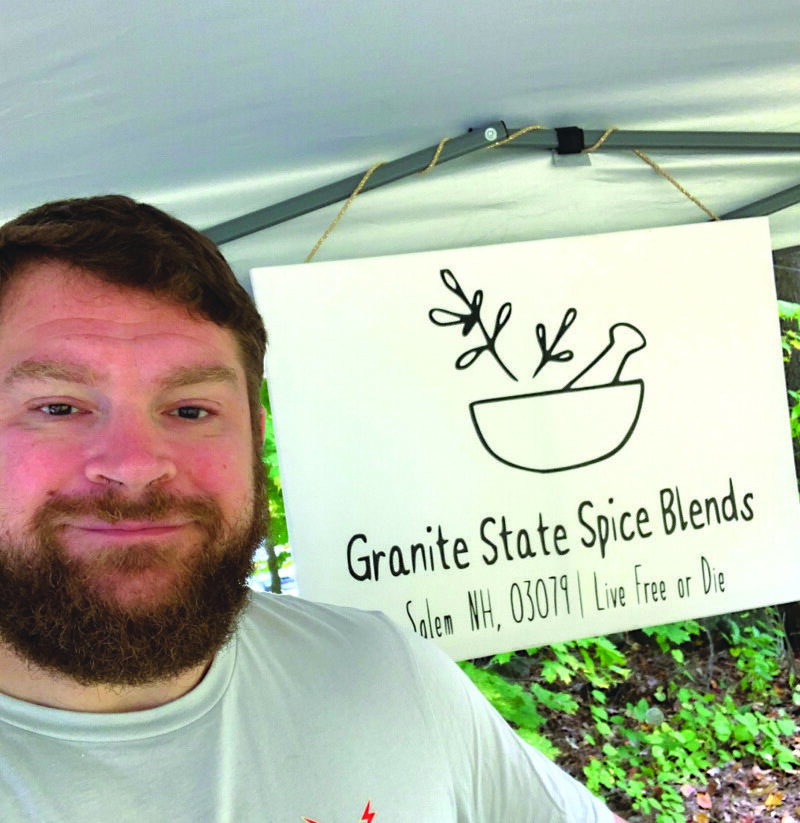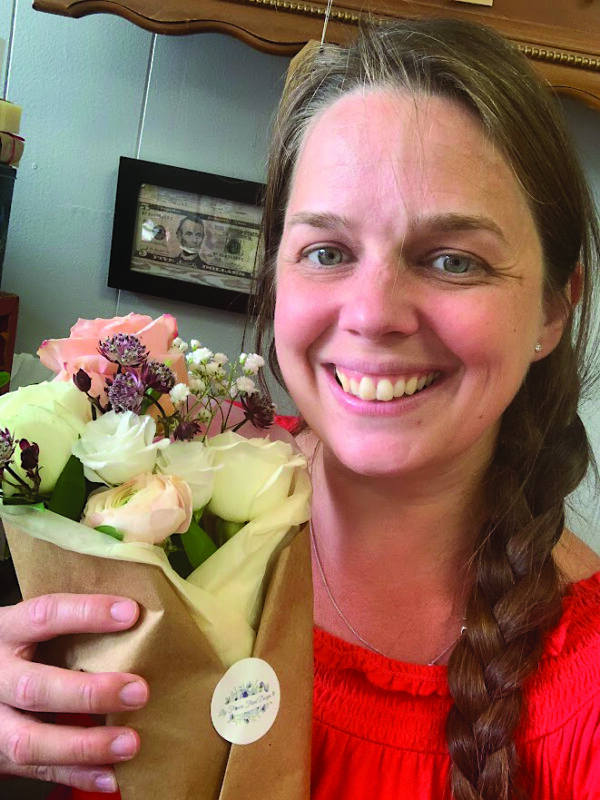Daria Harvey
Financial assistance client advocate
Daria Harvey is a client advocate at SHARE Outreach, a nonprofit that provides emergency services and ongoing support to individuals and families in need in Milford, Amherst, Brookline and Mont Vernon.
Explain your job.
I meet with clients who are seeking financial assistance. I get to know their situation so we can make a decision about assisting. I also connect them to other resources in the community that might be helpful for them, [like] food stamps, health insurance, transportation, case management and counseling.
How long have you had this job?
I’ve worked with SHARE since 2015, but I’ve worked in social services jobs since I was in college 22 years ago.
What led you to this career field and your current job?
We always ask kids, ‘What do you want to be when you grow up?’ … I always said, ‘I want a job where I can help people.’ I come from a long line of people who worked in social service-type jobs, so I guess it’s in my blood. I’ve worked for an employment and training program for youth; in workforce development; in recovery and mental health; and now this job at SHARE.
What kind of education or training did you need?
I have an undergrad degree in English and a master’s degree in fine art. All the skills I use at my job have come from work and life experience.
What is your typical at-work uniform or attire?
It depends on the day. This job can include moving boxes and cleaning, to meeting with clients, to meeting with other organizations. We are typically pretty casual.
How has your job changed over the course of the pandemic?
We had to restructure completely how we deliver services. We used to have clients … actually shop in the food pantry … with volunteers. We changed to an online ordering system to minimize contact. My interactions with clients went totally to on-the-phone or email for about a year. This was hard because … face-to-face contact is extremely different from phone or the computer. Our organization prides itself on being a place where people can come and get answers without sitting on hold, being passed off to someone or treated like a number. We were assisting people financially, but felt like we were really missing the most important part of working with people: the relationship you build. … We have people back [staffing] our building now, with safety measures in place … and it’s so much better.
What do you wish you’d known at the beginning of your career?
I wish I had an awareness that people who come to an agency, organization or program for help are often at a low point in their life. Often, it can be at their rock bottom. It’s very humbling to be the person they’re reaching out to for help. Compassion and empathy are key.
What do you wish other people knew about your job?
This job is about so much more than giving out financial assistance to folks who are having a hard time. Paying a bill is easy. It’s about taking time to talk with people, [because] that reveals what they really need.
What was the first job you ever had?
I worked at Shaw’s Supermarket in high school, [collecting] carts in all the extremes of weather, and also was a cashier.
What’s the best piece of work-related advice you’ve ever received?
Working in a social service-type job, you often don’t see the results of the work you do. Part of this job is having faith that what you’re doing is making a difference for someone. It may show up for that person in a day, a month or even a couple years. We’re planting seeds.
Five favorites
Favorite book: Cooked by Jeff Henderson and To Kill a Mockingbird
Favorite movie: Currently, it’s Rent, but it changes
Favorite music: Ani DiFranco and Melissa Etheridge
Favorite food: Mexican
Favorite thing about NH: The seasons
Featured photo: Daria Harvey. Courtesy photo.






